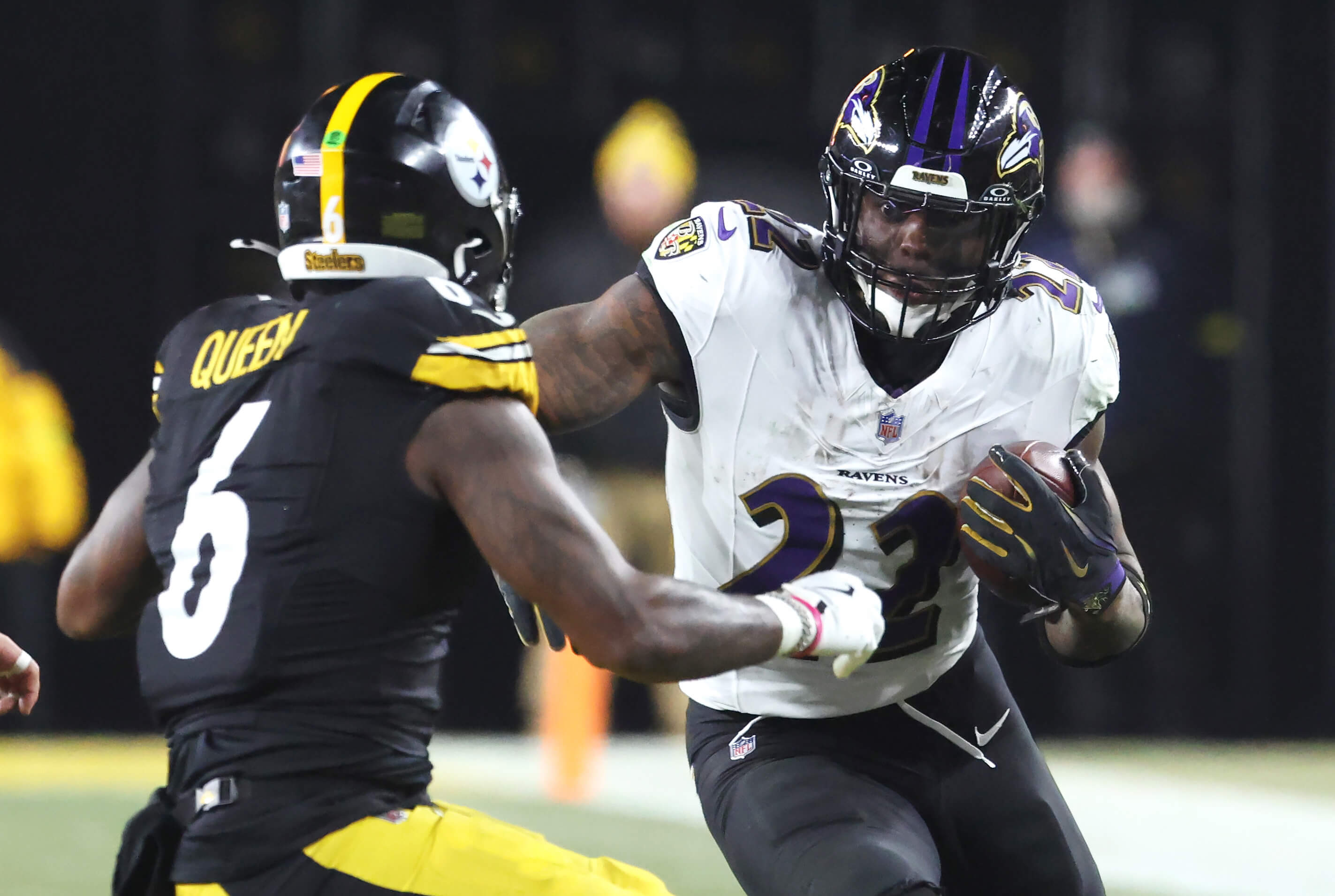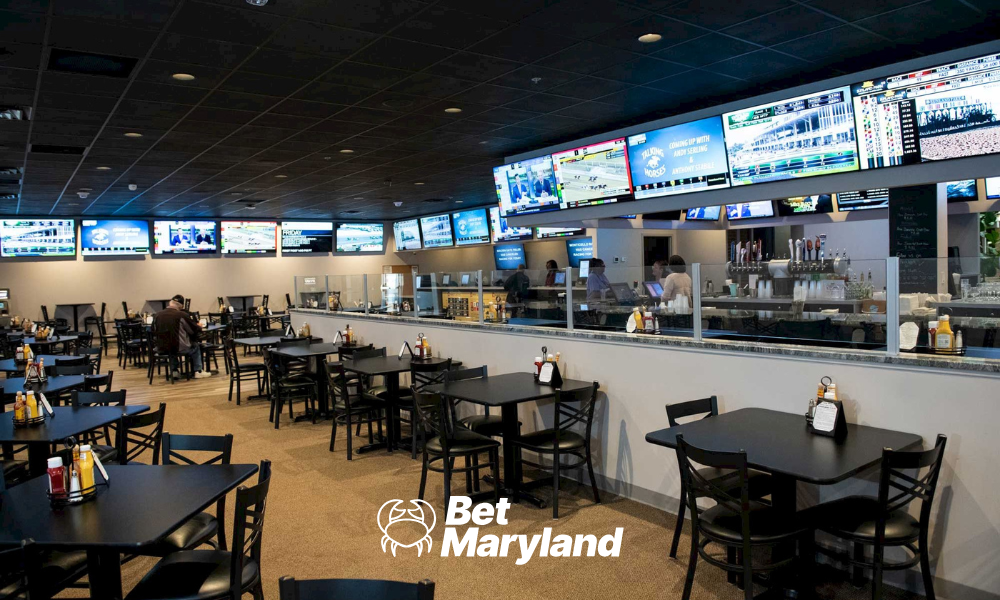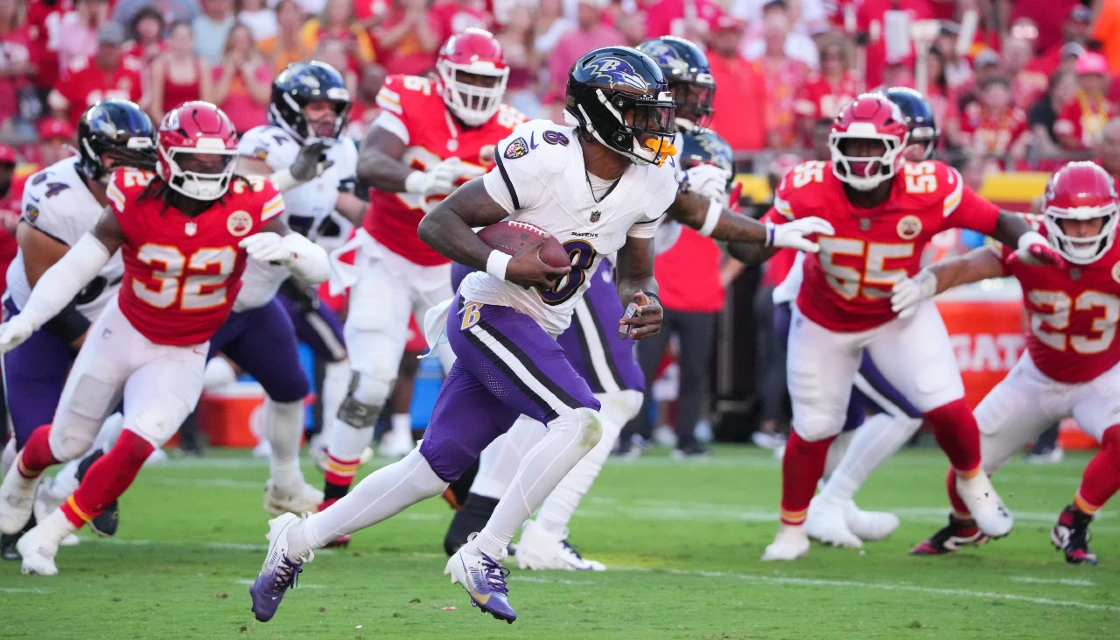A western Maryland town is hoping that some local business will consider taking a shot at a retail sportsbook operation in an area where one of the state’s casinos has taken a pass, so far.
The mayor of Cumberland, Ray Morriss, voiced the hope a local business would be willing to apply for a Maryland sports betting license somewhere in the seat of Allegany County. The town has a population of a little more than 19,000, and the county has about 71,000 residents. Cumberland County borders southwestern Pennsylvania
On May 17, Morris and the Cumberland city council made a move to encourage a sportsbook in town by voting to adopt zoning guidelines that would allow sports gambling within the city limits, according to a report by the Cumberland Times-News. Efforts to reach Morriss were unsuccessful.
In the news report, Morriss is quoted as saying: "I'm very hopeful someone in Cumberland will be licensed. I hope the state spreads them out and puts one in Cumberland. I think it would be a great asset to have here. Any kind of entertainment offering that comes to the area can only bring more people and money into our community."
Rocky Gap Casino to Pass on Sports Betting
The nearby Rocky Gap Casino Resort, less than 10 miles from Cumberland, has a greenlight to apply for its own retail sportsbook license but has indicated to the Maryland Lottery and Gaming Control Agency it wouldn’t be applying, agency officials said recently.
Under the original sports gambling legislation passed in 2021, Rocky Gap casino would have enjoyed a 15-mile radius buffer where a retail sportsbook would not have been permitted, but in the 2022 General Assembly session a bill known as HB 942 was passed that waived the exclusion zone in Allegany County.
There are potentially 30 Class B “competitive” sports wagering facility licenses available to be awarded by the state’s Sports Wagering Application Review Commission (SWARC) but the application for such licenses isn’t even available yet.
It’s a Huge Lift to Open Sportsbook
In addition, there are a number of considerations any business would have to take into account in opening a retail sportsbook. At a recent informational summit held by Lottery & Gaming, SWARC and gaming consultants in Baltimore, industry experts estimated that any business looking to open a retail sportsbook could count on spending at least $750,000, and maybe more, just to get started.
So far, five of the state’s six casinos have retail sportsbooks. Four other smaller businesses, which were part of a group of 17 entities designated as being able to apply for licenses in the 2021 legislation, have also been awarded retail licenses but haven’t completed the process to become operational.
The five casinos currently taking bets are Live! Casino & Hotel, MGM National Harbor, Horseshoe Baltimore, Hollywood Casino Perryville, and Ocean Downs Casino. The four businesses that have been awarded licenses but aren’t taking wagers are Long Shot’s OTB, the Riverboat on the Potomac OTB, Greenmount OTB, and Bingo World, a bingo facility.
2022 Online Launch Looks Like Longshot
Online sports betting has also been legalized in Maryland (60 of those licenses will be available), but a number of hurdles have to be cleared before any operators are taking bets over the internet. Hopes that online sports betting would begin by the 2022 NFL season are dimming and as things stand, it will be difficult to get internet sports gambling launched even my mid-football season or even by the Super Bowl in February.
For April, the total handle at the retail sportsbooks in the five Maryland casinos taking wagers was about $26.9 million, down 13.3% from about $31 million in March. The April sports betting revenue (taxable win) was about $2.77 million. Sports betting tapers off in the spring and summer, then picks up during the NFL and college football seasons and in March for March Madness.







